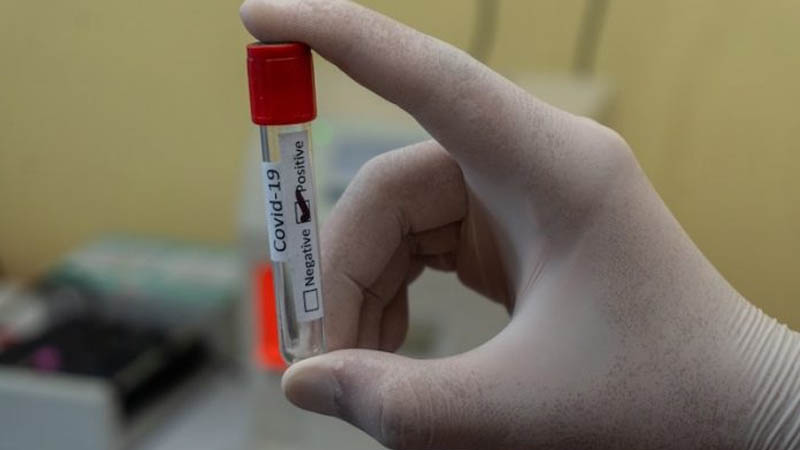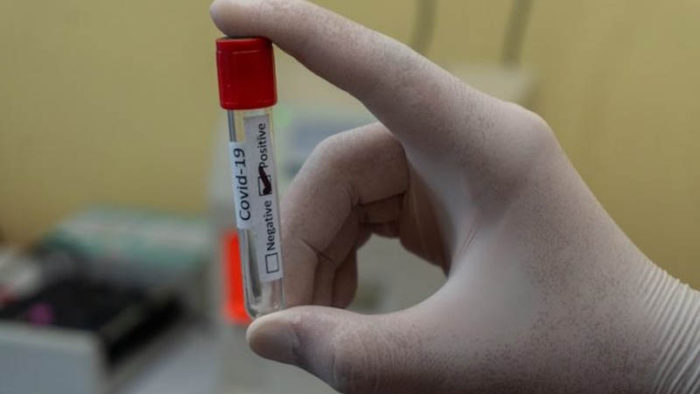The research was conducted by a team at the University of Oxford and elsewhere.
As the global pandemic has progressed, attention has turned to variants of the virus that infect people with COVID-19.
A growing fear is that some of the new variants will prove to be immune to the vaccines that are being given to combat the original form of the virus, setting off a whole new pandemic.
In the study, the team sought to better understand the danger posed by these SARS-CoV-2 variants.
More specifically, they wanted to know more about how frequently they arise and how easily they can spread.
The team obtained 1,313 nasal swabs collected from infected people in the U.K.—most of whom exhibited symptoms of COVID-19.
Each of the samples was then subjected to RNA sequencing to identify variants.
The researchers found that most of the infected people had only one or two variants, most of which were not able to survive transmission to other people.
They did find that a few of those infected had variants that could survive transmission, though they found very few instances of them transmitted between households.
The researchers suggest their findings indicate that, at least during early infection, mutations that are able to survive attacks by antibodies are quite rare.
That being said, they did find evidence of variants whose mutations gave them a better chance of surviving an immune response.
Such mutations would be more likely to spread as vaccine use becomes more widespread.
They suggest that monitoring will have to be stepped up to quickly identify variants that may not be weakened by current vaccines.







